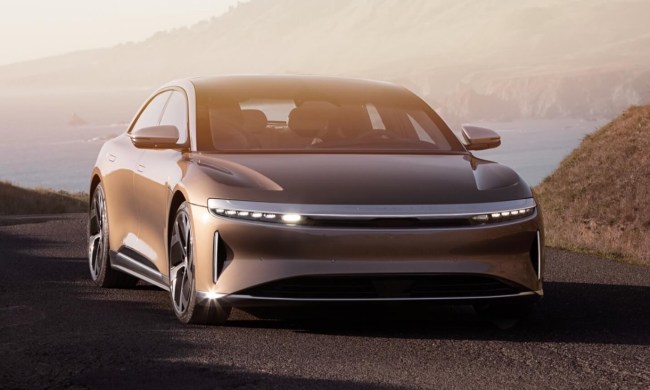
“The announcements by VW look great on paper but no one can say for sure how demand for electric mobility will develop,” said German commercial banking analyst Sascha Gommel. “There are worthy elements among the plans but it’s probably also a marketing exercise by VW to tell the public that they have gotten the message,” continued Gommel.
It’s been established that VW cheated with its diesel engine technology and profited from the false perception that its turbocharged diesel-powered cars hit the performance trifecta of power, economy, and environmental friendliness. The company is paying the price for its transgression and those payments will continue for some time. So the company’s forward-looking statements cannot escape being read through the lens of the diesel disgrace.
But it’s also the case that electric cars are the future. This week Germany let the world know that it means business in cleaning up at least the automobile portion of transportation’s share of CO2 pollution in the country when it announced that all new cars registered to drive on roads in Germany must be fully electric, with zero-emissions by 2030.
Mercedes-Benz also shared its ten-year game plan going forward this week, pledging support for continued development of all powertrain technologies (including internal combustion engines). The M-B plan, however, is easy to read as a gradual transition to fully electric vehicles. German auto manufacturers are on notice and are falling in line.
So VW is simply saying, “We’re in!” Anything less would be silly and no one would believe it. While previously Volkswagen Group CEO Matthias Müller talked about plug-in hybrids and battery-powered, all-electric cars, it’s now all about all-electric. The group is promising more than 30 new “purely battery-powered electric vehicles (BEVs)” by 2025 and has further stated the goal of ramping up to two to three million BEVs a year by the same year.
Battery power isn’t the only play in VW’s game plan. The company is also going to focus on self-driving cars and as well as ride-hailing and ride-sharing programs. Like Tesla and Daimler, VW is also planning a huge battery factory on the scale of Tesla’s, according to Electrek. And even as the company pursues these plans, VW Group management is also preparing for what will likely be an uncomfortable annual meeting next week.



